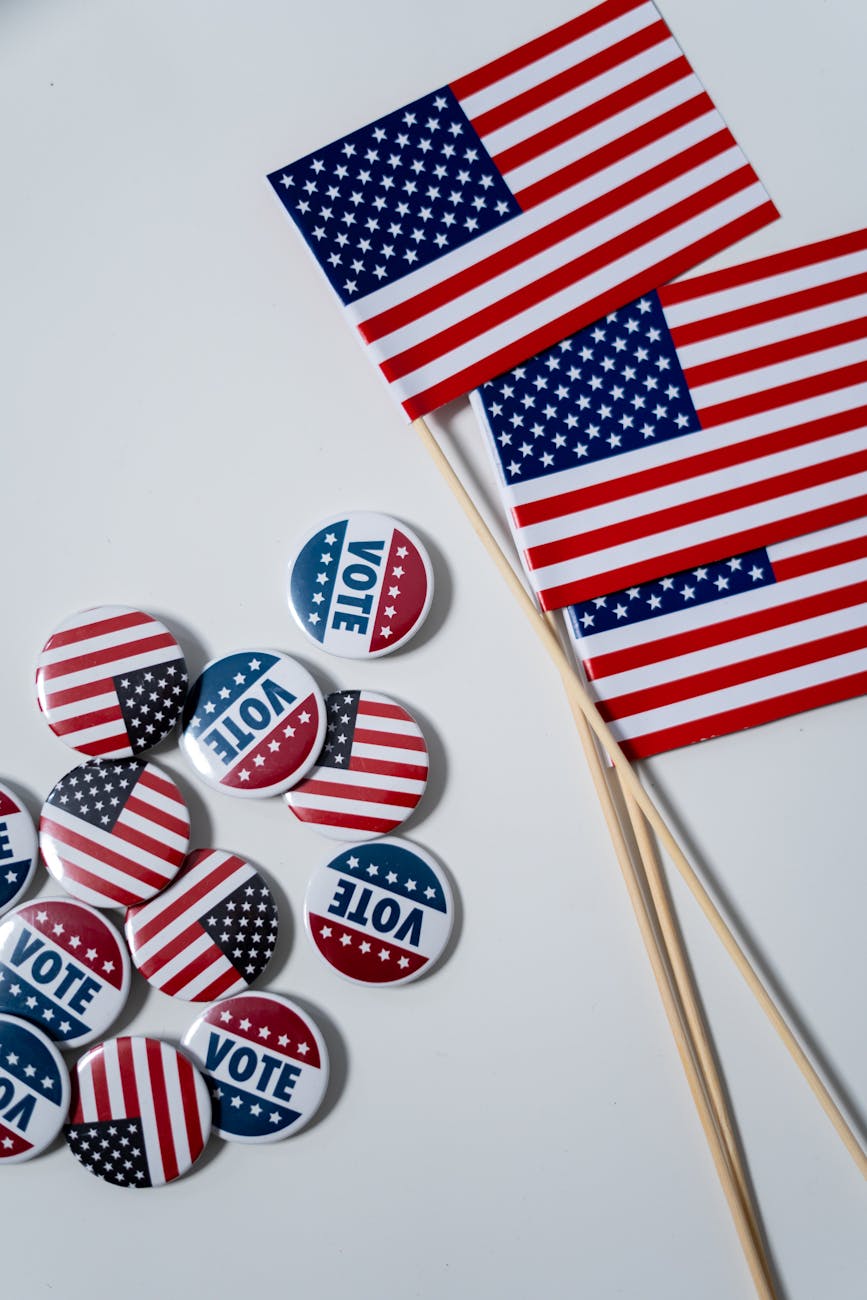Local Officials Under Scrutiny
In a significant showdown, Washington D.C.’s mayor and a cadre of local officials are set to appear before a House committee. Their testimony is part of a broader effort by certain Republican lawmakers to tighten federal oversight of the capital. This isn’t just a routine hearing; it’s a potentially explosive moment that could redefine the relationship between the city and the federal government. With tensions running high and the stakes raised, this hearing is poised to draw significant attention from both media outlets and the public alike.
The Stakes are High
As the committee gears up for this session, the atmosphere is charged with tension. Local leaders will face a barrage of questions aimed at justifying their governance amidst claims of rising crime and administrative failings. It’s no secret that many Republicans have long viewed D.C. as a mismanaged entity, and this hearing could provide them with the ammunition to push for more stringent federal control. The narrative surrounding the D.C. government is often painted in broad strokes, with critics pointing to high-profile incidents that have raised alarm bells among constituents and lawmakers alike.
Implications of Increased Federal Control
The proposed expansion of federal oversight over Washington D.C. isn’t just a bureaucratic maneuver; it’s a move that could fundamentally reshape how the city operates. Control over local policing, budget allocations, and even legislative decisions could shift from elected officials to congressional mandates. This shift would not only undermine the local democratic process but also raise questions about autonomy and governance in a city that prides itself on being the nation’s capital. It is crucial to understand that such changes could set a dangerous precedent for other cities, eroding the principles of self-governance that many local leaders are fighting to uphold.
What Happens Next?
The outcome of this hearing could set a precedent for how other cities might be treated in the future. If federal control is expanded, it could embolden similar actions in other urban areas facing political pressures. Not only will D.C. be on the front lines, but it may also serve as a test case for a more hands-on approach by Congress in managing local issues. The implications reach far beyond the confines of the District; they could ripple through other metropolitan areas struggling with governance, crime, and civil rights.
Public Reaction
Residents of D.C. are likely to have mixed feelings about the impending changes. While some may seek accountability and more robust policing strategies, others are staunch defenders of local governance and fear the loss of their voice. The upcoming hearing is stirring debates in local coffee shops, homes, and social media platforms, as citizens grapple with what increased federal intervention could mean for their daily lives. The political landscape has become increasingly polarized, and this hearing is likely to become another flashpoint in the ongoing battle between local autonomy and federal oversight.
History Repeating Itself?
It’s worth noting that this isn’t the first time D.C. has faced the specter of federal intervention. Historically, the city’s governance has been a point of contention, especially regarding issues of representation and autonomy. The lack of voting representation in Congress for D.C. residents has long fueled calls for reform, but the current push for federal oversight could create a backlash against those very calls. If D.C. residents feel that their local leaders are being undermined, it could galvanize a movement for greater autonomy and representation.
Questions
What will be the immediate impact on D.C. residents if federal control expands?
How will local officials defend their record against the committee’s scrutiny?
What are the long-term implications for democracy in urban governance?




